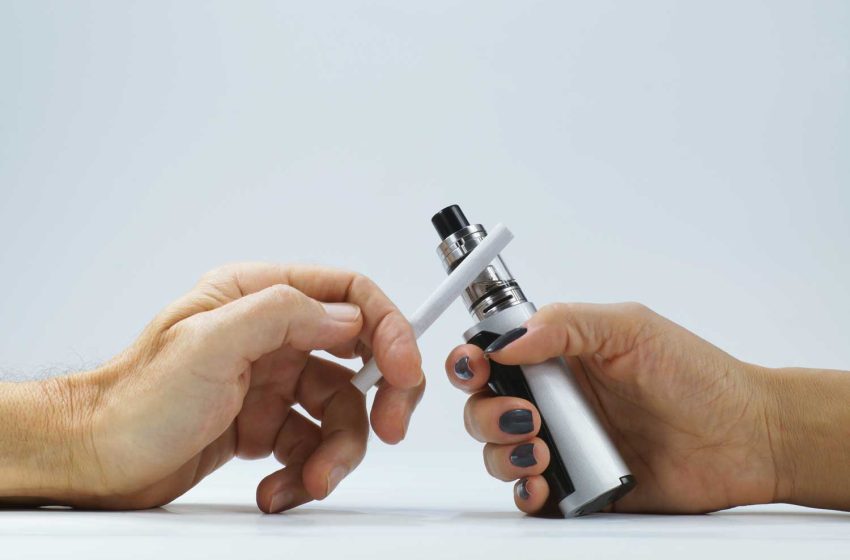
The Center of Excellence for the acceleration of Harm Reduction (CoEHAR) is celebrating the 10th anniversary of the ECLAT study, which according to the organization marked a significant shift in the science of harm reduction.

The project began in 2011 when a research group led by Riccardo Polosa of the University of Catania in Italy decided to evaluate the use of e-cigarettes on a sample of smokers who wanted to quit.
After two years of recruitment and follow-ups, the first randomized controlled trial on electronic cigarettes came to light. The ECLAT study provided evidence for the first time that the e-cigarette could help people—even those who had no desire to give up smoking—quit combustible cigarettes.
The ECLAT study subsequently became a source of inspiration for researchers worldwide. Even then, despite the technical limitations of vaping products at that time, the study showed that at the 52nd week, 8.7 percent of smokers using e-cigarettes quit smoking, while 10.3 percent reduced the consumption of traditional cigarettes by at least 50 percent. Moreover, 73.1 percent of those who had quit did not use the e-cigarette at the end of the study.
Although these data may appear modest today, the ECLAT study paved the way for a line of research that now engages thousands of researchers worldwide. The most recent Cochrane literature review—which also incorporates the ECLAT study—confirms what was revealed in Catania 10 years ago: e-cigarettes are effective tools in the fight against smoking.
Reflecting on the ELCAT research, Polosa called for continued innovation and evaluation. “If we want to definitively erase the history of smoking, we must continue with research, encouraging continuous innovation and evaluation studies,” he said in a statement. “Harm reduction can and is already saving millions of lives. The path is the right one and must be followed to the end.‘”











